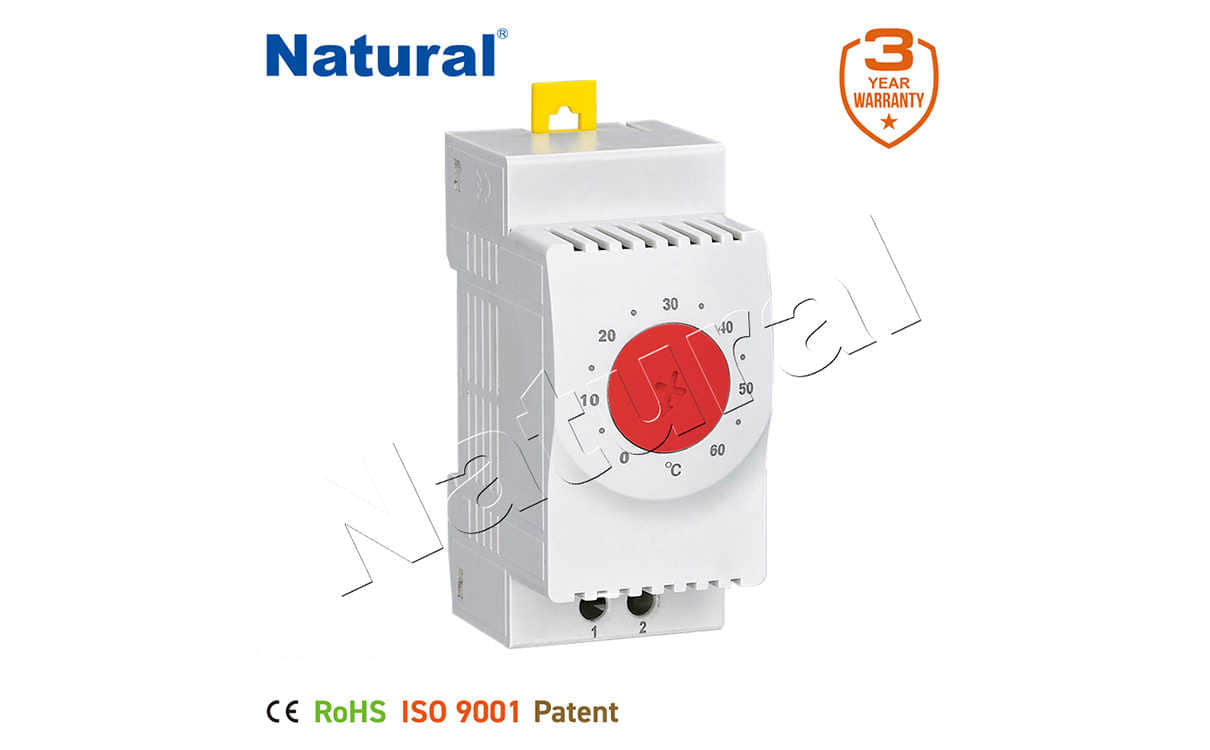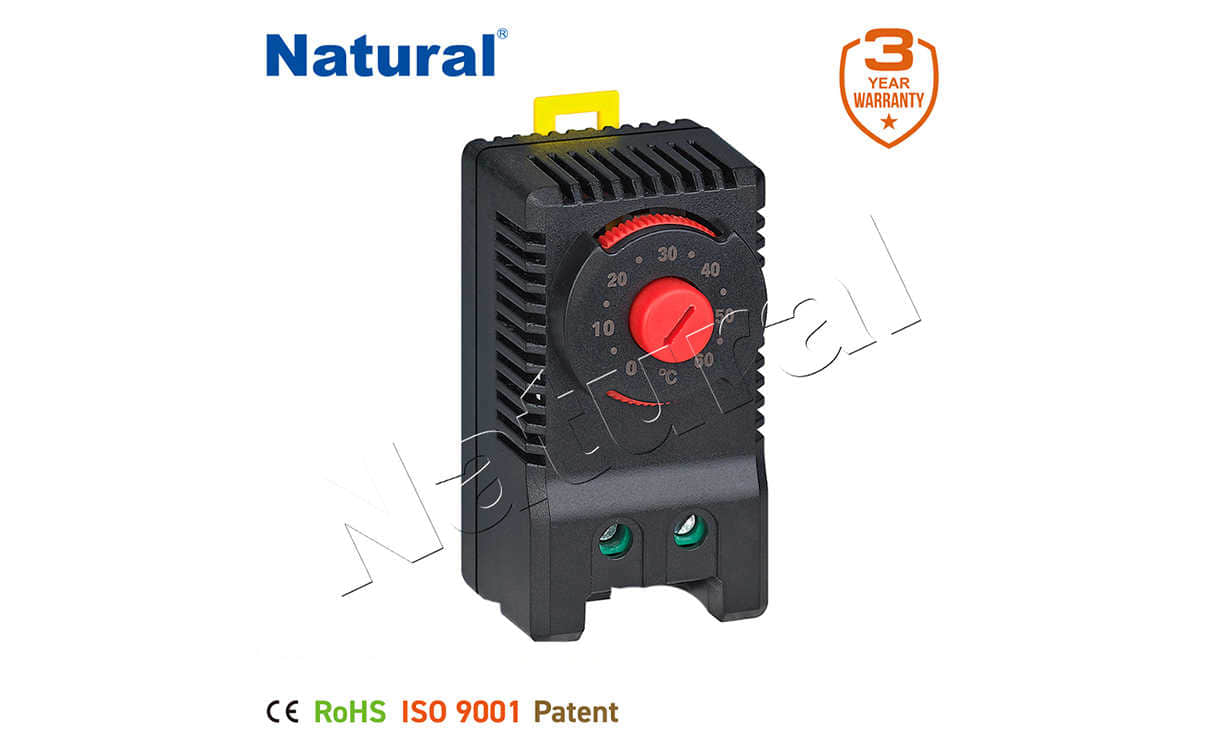understanding industrial temperature controllers: essential tools for precision and efficiency
Release time:2025-04-09 11:44:01
Industrial temperature controllers play a pivotal role in maintaining the proper temperature in various industrial applications. From manufacturing to research and food processing, the regulation of temperature is crucial for ensuring product quality, efficiency, and safety. These controllers offer precise control, allowing industries to operate smoothly and meet stringent standards. In this article, we will explore the significance, working mechanisms, and benefits of industrial temperature controllers.

What is an Industrial Temperature Controller?
An industrial temperature controller is a device used to maintain and regulate the temperature of machinery or environments in industrial settings. These controllers are designed to provide accurate temperature readings and adjust the heating or cooling elements accordingly. They can be found in numerous industries, including chemical processing, HVAC systems, food production, pharmaceuticals, and more. The primary function of these controllers is to ensure that processes operate within the desired temperature range, avoiding overheating or underheating, both of which can lead to inefficiencies or damage.


 28 items Patent
28 items Patent
 28 items Patent
28 items Patent
 28 items Patent
28 items Patent










